What Does Crippling Depression Really Mean?
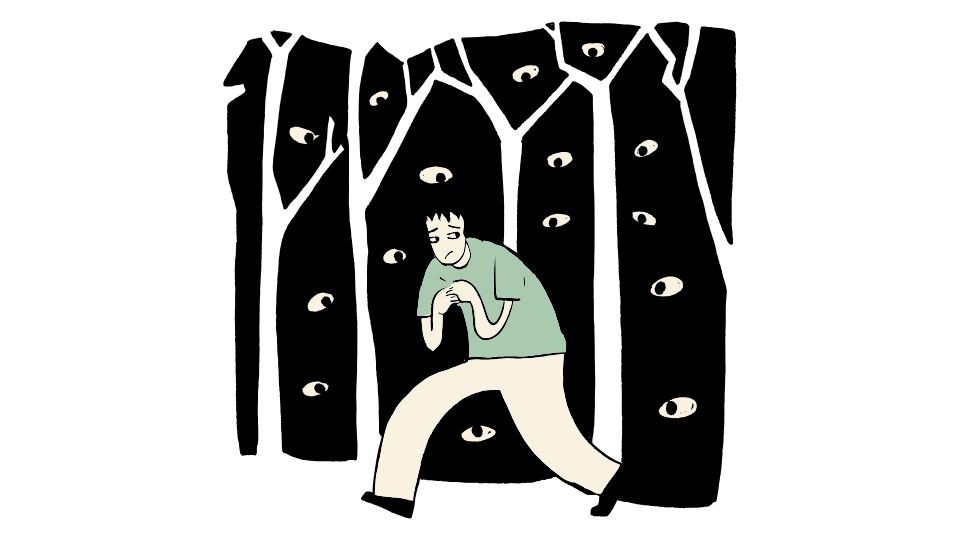
Depression isn’t just feeling sad—it’s when sadness takes over your entire life. And while “crippling depression” isn’t an official medical diagnosis, it’s a term many people use to describe depression so intense it makes getting out of bed feel like climbing Mount Everest.
Depression this severe isn’t just “the blues”—it’s a serious condition that can completely derail your life, relationships, and even your ability to handle basic daily tasks like showering or eating. Let’s dive into what severe depression really looks like, how it feels, and most importantly, what you can do about it.
Understanding Severe Depression
When people say “crippling depression,” what they’re really describing is severe major depressive disorder (MDD). It’s depression that has crossed the line from being merely unpleasant to becoming truly debilitating.
While the term “crippling” is commonly used, it’s worth noting that many mental health professionals avoid this language because it can be insensitive to people with physical disabilities. Instead, terms like severe, debilitating, or overwhelming depression are more appropriate ways to describe this condition.
The technical definition? Major depressive disorder involves at least two weeks of persistent low mood and loss of interest in activities, plus a bunch of other symptoms we’ll talk about next.
Symptoms: How to Know If You’re Experiencing Severe Depression
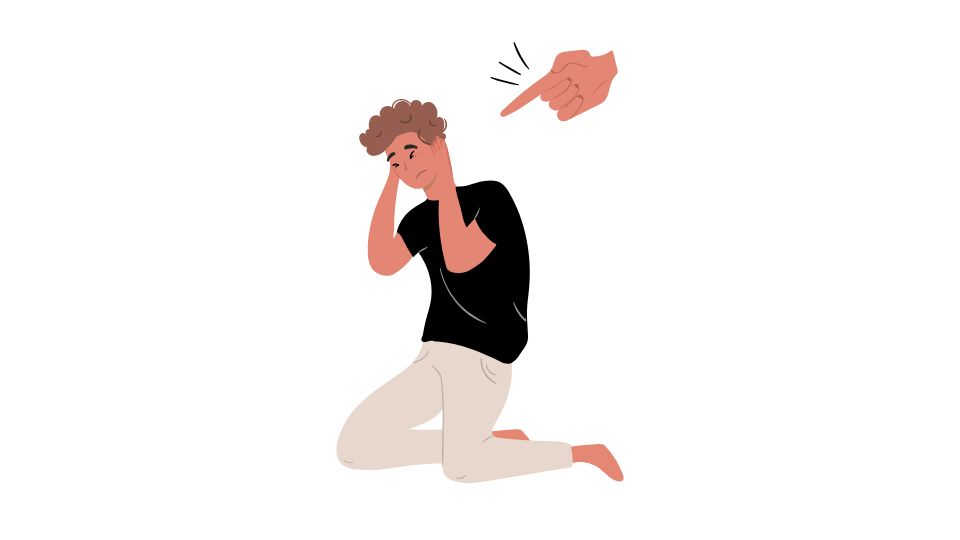
Depression doesn’t just affect your mood—it impacts your entire being. Here’s what severe depression looks like across different aspects of your life:
Emotional Symptoms
- Persistent sadness that feels like it will never end
- Hopelessness about the future—nothing seems like it will ever get better
- Emotional numbness or feeling empty inside
- Irritability and anger that might seem out of proportion
One person described it to me as: “Imagine wearing a heavy, wet blanket over your entire body while trying to walk through chest-deep mud. That’s what my emotions feel like every day.”
Cognitive Symptoms
- Brain fog making it hard to focus, remember things, or make decisions
- Negative thought patterns that play on repeat like a broken record
- Suicidal thoughts that require immediate attention
These thoughts aren’t just passing—they can dominate your mental landscape. As one patient told their therapist: “My brain feels like it’s been hijacked by the world’s most pessimistic narrator.”
Behavioral Symptoms
- Social withdrawal from friends, family, and activities you once enjoyed
- Decreased motivation making even small tasks feel overwhelming
It’s not laziness—research from the National Institute of Mental Health shows that depression actually changes brain activity in ways that affect motivation and energy levels.
Physical Symptoms
- Extreme fatigue that sleep doesn’t seem to fix
- Sleep problems—either sleeping too much or not being able to sleep
- Appetite changes leading to weight loss or gain
- Physical pain like headaches, digestive issues, or muscle aches
What Does Severe Depression Feel Like?
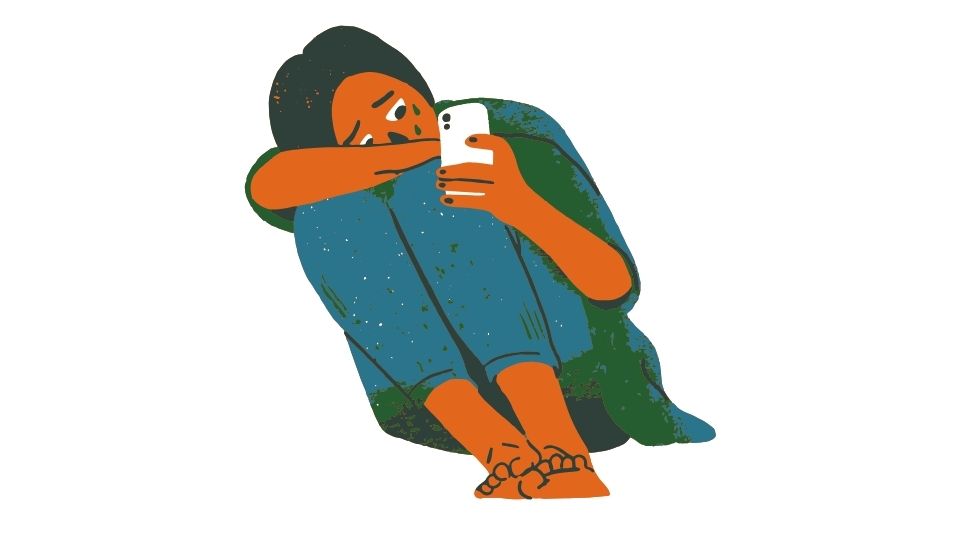
The experience of severe depression is intensely personal, but many describe it as:
- An overwhelming heaviness that makes everything harder
- A crushing hopelessness that clouds any vision of a better future
- A physical weight on your chest or shoulders
- Both intense pain and complete numbness at the same time (yes, it’s possible to feel both)
As one Reddit user put it: “It’s like drowning, except everyone around you is breathing just fine.”
Getting Diagnosed
Doctors diagnose severe depression based on a specific set of criteria:
- Depressed mood or loss of interest in activities most of the day, nearly every day, for at least two weeks
- At least four additional symptoms like sleep problems, fatigue, feelings of worthlessness, etc.
Sometimes severe depression can include psychotic features like hallucinations or delusions—for example, believing you’re responsible for terrible things happening in the world.
A proper diagnosis requires a thorough evaluation by a mental health professional, not just a quick chat with your primary care doctor (though that’s often a good starting point).
The Impact: How Severe Depression Affects Your Life
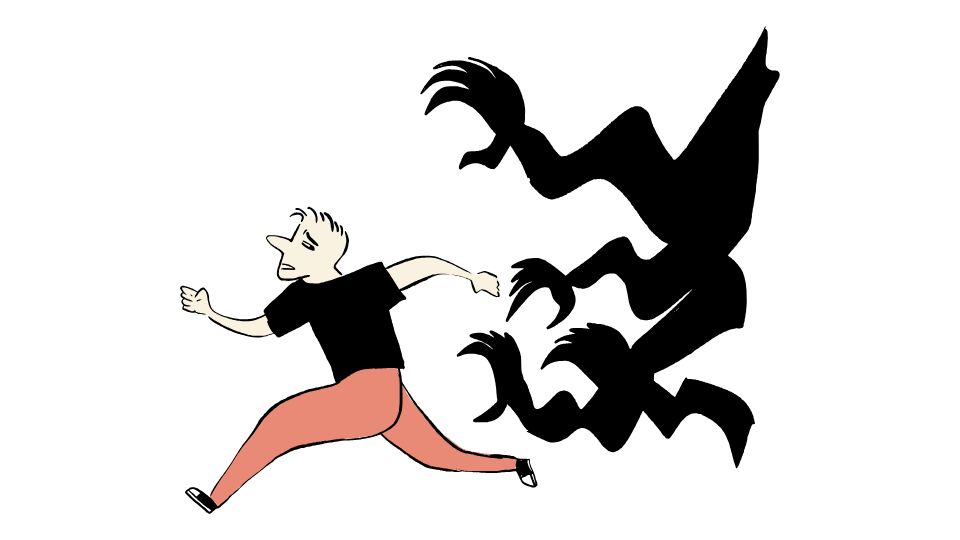
The consequences of untreated severe depression extend far beyond just feeling bad:
- Physical health problems including increased risk of heart disease, diabetes, and immune system issues
- Relationship difficulties as you withdraw from others
- Work or school problems due to inability to concentrate or complete tasks
- Shorter lifespan if left untreated—depression has been linked to a significantly higher mortality rate
Treatment Options That Actually Work
The good news? Severe depression is treatable. The bad news? It usually requires more than just “thinking positive thoughts” or “getting more exercise” (though those can help as part of a comprehensive plan).
Therapy
Evidence-based psychotherapies like cognitive-behavioral therapy (CBT), interpersonal therapy, or dialectical behavior therapy can help you:
- Identify and change negative thought patterns
- Develop better coping skills
- Improve relationships
A meta-analysis of 21 studies found that therapy combined with medication works better than either treatment alone for severe depression.
Medications
Antidepressants can be life-changing for severe depression. Options include:
- SSRIs (like Prozac or Lexapro)
- SNRIs (like Effexor or Cymbalta)
- Atypical antidepressants (like Wellbutrin)
Finding the right medication often takes some trial and error. Don’t get discouraged if the first one doesn’t work—it’s normal to try a few before finding your match.
Lifestyle Support
While they’re not enough on their own, these can significantly boost treatment effectiveness:
- Regular physical activity—even just a 10-minute walk
- Healthy eating with plenty of omega-3s and antioxidants
- Social connection, even when it’s the last thing you feel like doing
- Stress management techniques like meditation or deep breathing
Emergency Interventions
For severe depression with suicidal thoughts, more intensive options may be needed:
- Hospitalization for safety
- Crisis services including the 988 Suicide & Crisis Lifeline
- Treatments like transcranial magnetic stimulation (TMS) or, in extreme cases, electroconvulsive therapy (ECT)
The Bottom Line
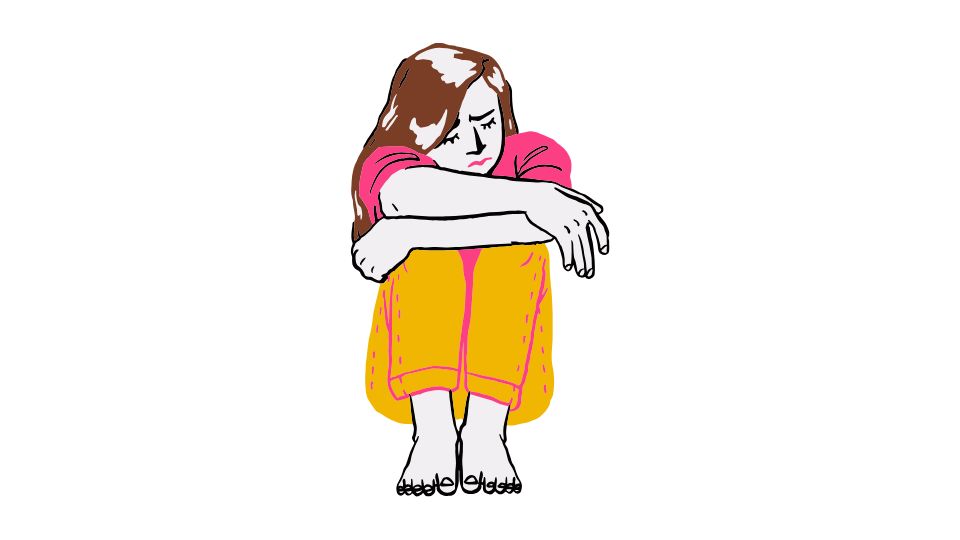
Severe depression isn’t a character flaw or something you can just “snap out of.” It’s a serious medical condition that requires proper treatment—just like diabetes or heart disease.
If you’re experiencing symptoms of severe depression, please know that:
- You’re not alone
- It’s not your fault
- Treatment works for most people
- Things can get better
The first step is reaching out to a healthcare provider. It might feel impossible right now, but it’s worth it. Your future self will thank you.
